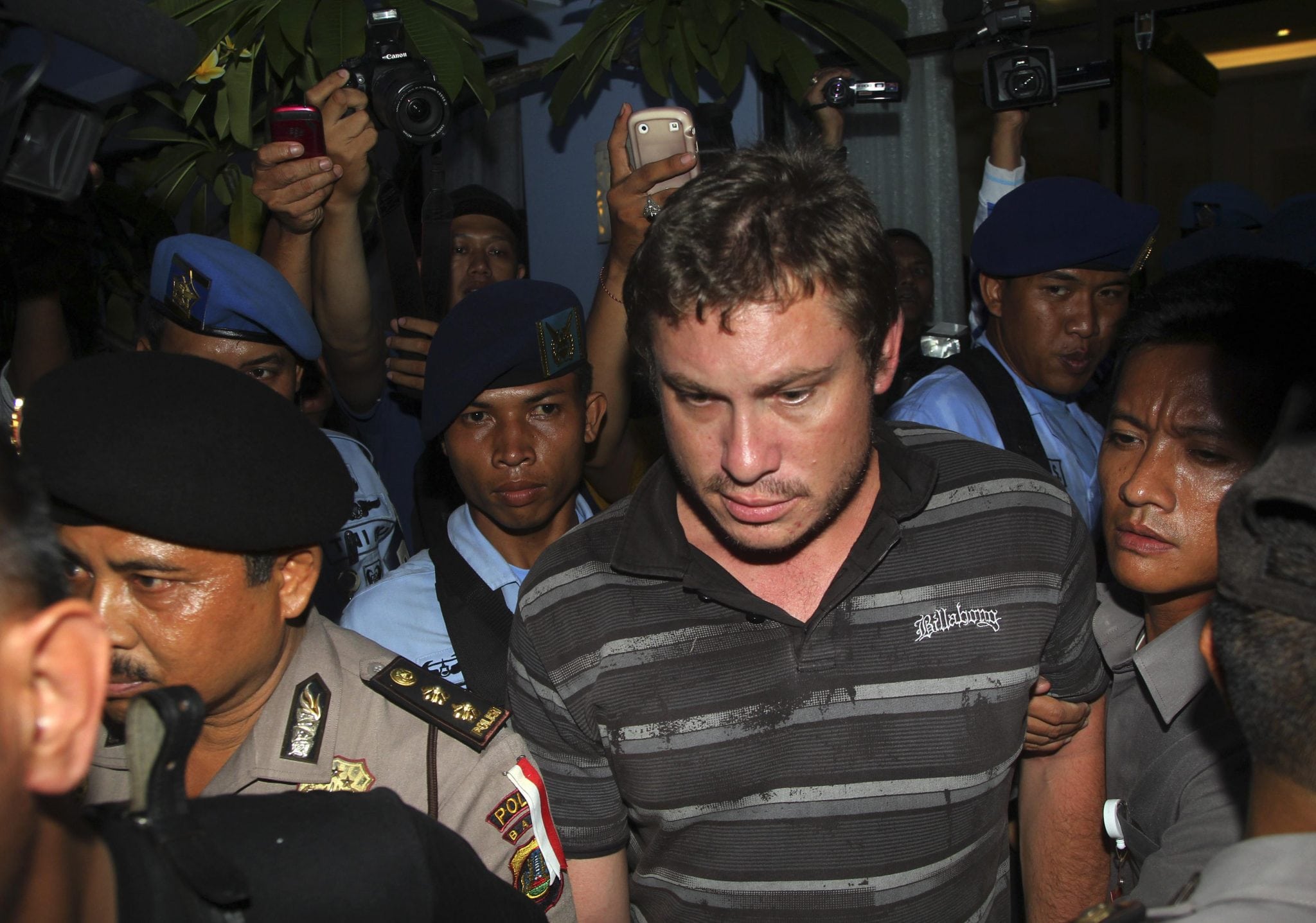Skift Take
Airlines are hampered in their attempts at punishment by the logistics required to get crew members to testify in any criminal case.
The number of passengers misbehaving in flight, to the point where they pose a danger to the cabin, the crew and to fellow passengers on board is on the rise internationally, according to International Air Transport Association (IATA).
They report that incidents have increased from 5,220 in 2012 to 8,217 incidents in 2013, based on voluntary data submitted by IATA member airlines.
The figures may actually be higher, as many incidents which might be defined as unruly behavior go unreported, according to Philp Baum, Managing Director Green Light, Ltd, and Editor of Aviation Security Magazine, who led the passenger restraint working group session at this year’s Cabin Operation Safety Conference in Madrid.
Unruly behavior can include failing to adhere to cabin safety instructions, smoking inflight and violent acts against crew or passengers. The reasons for unruly behavior are attributed to such factors as excessive consumption of alcohol, personal stress levels, mental disorders, and stressful flight conditions. However, the reason for the recent spike in incidents reported is unknown.
According to Baum, some airlines have reported to his organization that they have noted increases not only in the industry but within their own operations in recent years.
The formal definition of unruly behavior is established by the Tokyo Convention of 1963, and defined as “Acts which, whether or not they are offenses, may or do jeopardize the safety of the aircraft or of the persons or property therein or which jeopardize good order and discipline on board.”
Understanding what constitutes acts which jeopardize safety on board is varied, and the application of appropriate actions also fluctuates according to local law and the airline’s own policy.
Baum told attendees of the working group that incidents of sexual harassment of passengers and crew are also on the rise, and have reached such a level that the FBI has launched special investigations to review cases of passengers being molested by seating companions while sleeping.
However, recurrent training of crew to handle these circumstances is not a present requirement of standard regulatory cabin training programs. It is done on an ad-hoc basis, according to the airline’s own policies.
Additionally, some airlines present at today’s training indicated that they did not have a passenger restraint policy, and expressed concerns about implementing the practice.
Many airline Cabin Safety Managers are unsure of how to predict passenger behavior effectively and fear that they may not know the exact point at which restraining a passenger is the only remaining option. Most indicated that they would prefer to diffuse the situation through communications instead of by physical means.
Baum also acknowledged one developing trend which may further impact what actions cabin safety crew take to bring unruly passengers under control.
The prevalence of numerous cameras in today’s cabin, he pointed out, make it likely that any events of crew attempting to restrain passengers will be recorded, immediately distributed and would probably go viral on social media.
This has already happened with a number of incidents in recent months. Fear of the repercussions to the airline of such incidents being recorded and disseminated, before the airline has a chance to investigate the occurrence and respond to public demand for answers, may keep some operators from adopting restraint methods and affect how they respond to unruly behavior onboard.
While IATA attempts to establish universal practices and training among its 241 member airlines for such incidents, for the time being there is no consensus. Meanwhile, 39% of IATA member airlines have reported that they had to divert a flight because of an unruly passenger onboard in the past year.
These diversions come at a significant cost to operators. Baum estimates each incident may cost anywhere between $6,000 to $200,000 to the airline. As increasing number of airlines are opting to divert flights when such incidents occur, Baum said the costs to aviation could run from $50 Million, based on current diversion practices, to as much as $800 Million, if all flights with unruly passengers onboard diverted. For this reason, he supports the practice of restraint over flight diversion.
Securicare, a UK based company which produces special seat restraint devices and provides security training to airlines, indicates that their system makes it easier for crew to restrain passengers when necessary and that effectively restraining passengers “prevents them from posing any further threat to the safety of the aircraft, its crew and or other passengers for the remainder of the flight.” Baum indicates that once passengers are effectively restrained, flight diversions become unnecessary.
However, it was clear that among those airlines present there was no consensus on the implementation of this controversial practice.
Marisa Garcia has worked in aviation since 1994, spending 16 years on the design and manufacturing of cabin interiors and cabin safety equipment. She shares insights gained from this experience on Flight Chic and Tweets as @designerjet.
The Daily Newsletter
Our daily coverage of the global travel industry. Written by editors and analysts from across Skift’s brands.
Have a confidential tip for Skift? Get in touch
Photo credit: Indonesian police arrest Matt Christopher, a passenger of Virgin Australia airplane, at Denpasar airport in the resort island of Bali April 25, 2014. Stringer / Reuters
